‘Once Upon a Time in Londongrad’ explores mysterious deaths in the city
Fourteen bizarre deaths in London share something in common: a connection with the Russian state. James Rampton spoke to the creators of a new documentary series investigating what happened

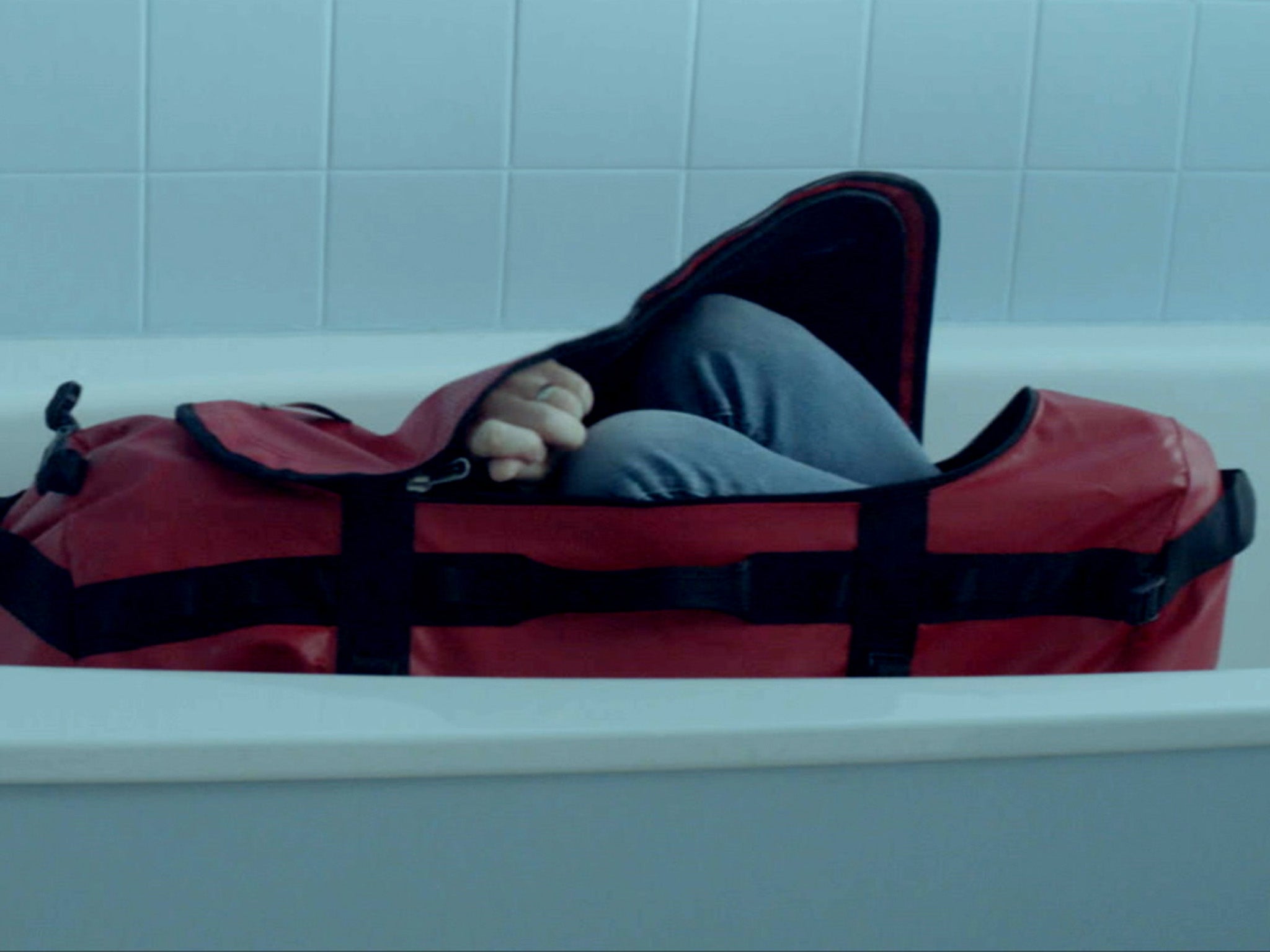
One man died after padlocking himself naked inside a holdall. Another repeatedly stabbed himself to death with two kitchen knives. A third was found impaled on wrought-iron railings after jumping from a fourth-floor flat.
These bizarre deaths would not look out of place in a James Bond movie or on the pages of a John le Carre spy novel. And yet they all happened in real life within the last 12 years. In London.
They are just three of the 14 gruesome deaths that have taken place in the city which all have one thing in common: a mysterious connection with the Russian state. This has helped the UK capital earn the unwanted nickname of “Londongrad”.
These grisly events are the focus of Once Upon a Time in Londongrad, an absorbing new series that explores the murky effect Russia has had on the city over the past two decades.
As well as the aforementioned unexplained deaths of the MI6 agent Gareth Williams, the radiation expert Matthew Puncher, and the financial fixer Scot Young respectively; the six-part series also investigates the 2006 assassination of the spy Alexander Litvinenko, the poisoning in 2018 of former Russian military officer Sergei Skripal and his daughter Yulia in Salisbury, and the perplexing suicide of the businessman Boris Berezovsky in 2013.

All these people, who died in puzzling circumstances, may well have been perceived as “enemies of the state” by Russia.
With the war still raging in Ukraine and the suspected poisoning of the just-sanctioned Russian oligarch Roman Abramovich, and two Ukrainian negotiators at peace talks in March, this story remains highly topical.
Were agents sent to London from Russia with malice? Did these malign events foreshadow the length the Russian state will go to in order to project power? Are we now seeing the same menacing muscle-flexing in the attack on Ukraine? And could the UK, which recently sanctioned many oligarchs, have acted more swiftly to curtail the Russian state’s sphere of influence in London?
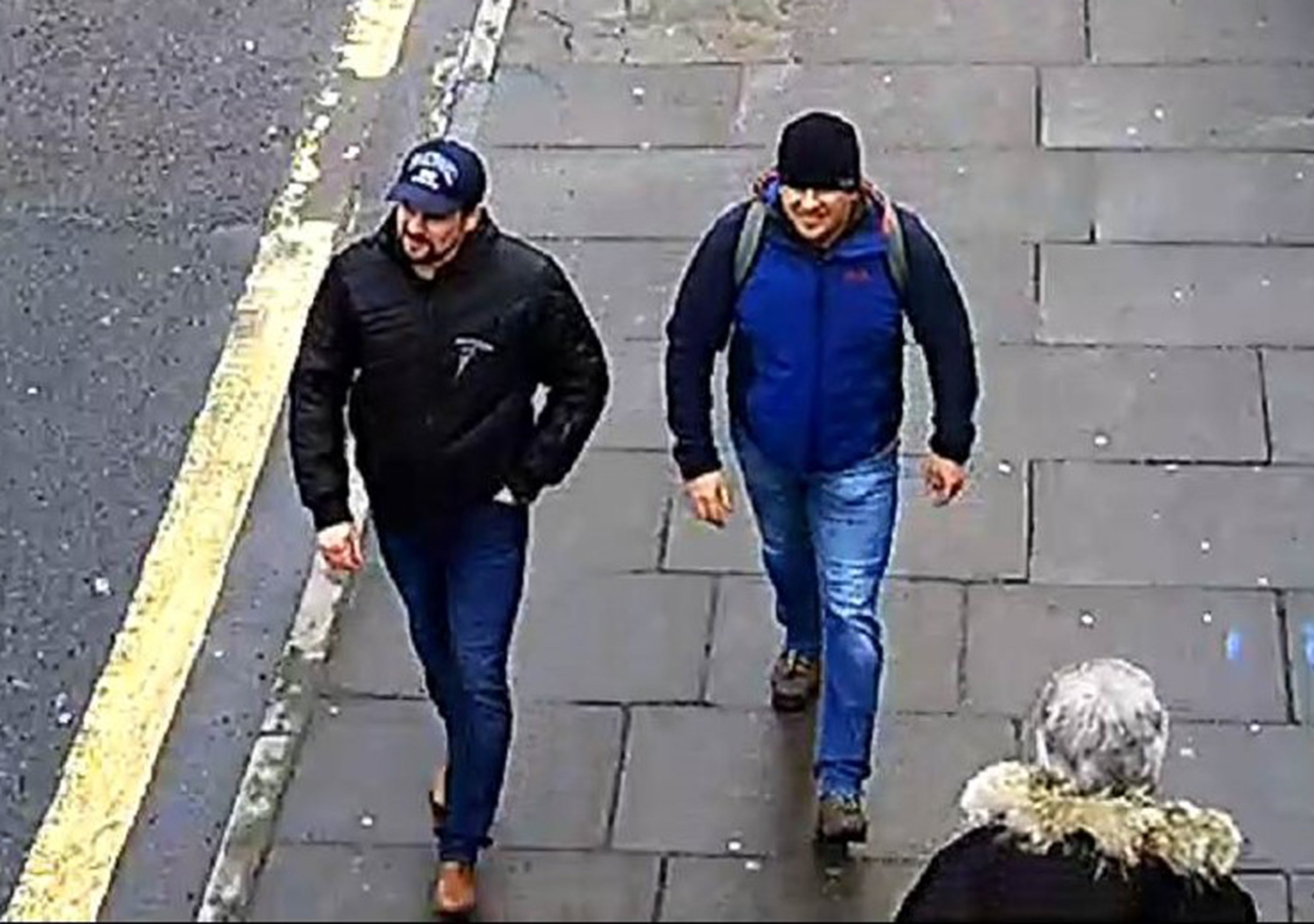
Guy Horlock, the series producer of Once Upon a Time in Londongrad, begins by underscoring the unusual nature of these incidents, which is echoed in the fairytale ring to the show’s title. “This turn of events is almost absurdist.
“It is just beyond fiction when Abramovich, this man who’s being hung out to dry in the British press, is being presented as the person negotiating for Russia at the peace talks and is then apparently poisoned. We couldn’t have written that. This stranger-than-fiction tone is really something that is stitched into this whole story.”
Experts, including financier Bill Browder, Berezovsky’s best friend Yuri Dubov and Litvinenko’s widow Marina, certainly saw the invasion coming
Horlock continues that it is very much in the Russian state’s interests to perpetuate this freakish, Kafkaesque atmosphere. “As we live through these barely believable times, it is almost as though we become more desensitised to the ridiculous, which raises our tolerance for future nefarious acts. It paves the way for the next, even more outlandishly brazen act that follows. And so on, and so on.”
The Russian regime seems to be attempting to shift the “Overton window”, which delineates the limits of acceptable government policies. “This Overton window effect means that the stranger our reality becomes, the more accepting people become of the absurd and the more dangerous and brazen the potential methods to destabilise become,” says Horlock.
“President Putin has used the media to cement his power in Russia. He has embraced the power of the absurd to sow confusion, control the opposition and ultimately induce the Russian population into a confused, apathetic paralysis, leaving him to do as he pleases.”
Jed Rothstein, the American director of Once Upon a Time in Londongrad, emphasises that it is the scarcely credible tenor of this story which makes it so fascinating. “There is a sense of mystery and absurdity and hard-to-believe theatricality to some of the allegations,” he says.
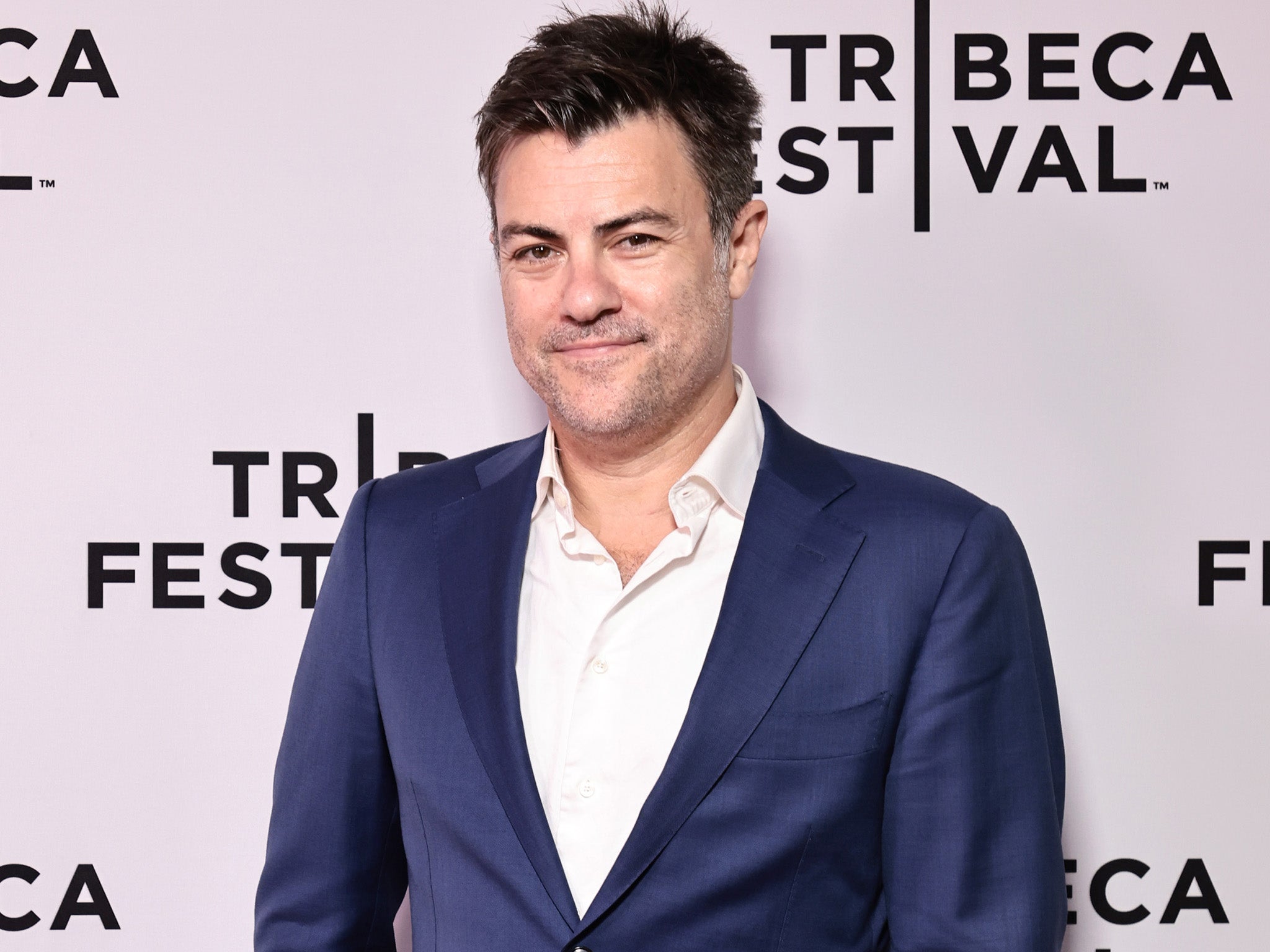
“As filmmakers, we always try to balance that against the fact that these are real people and real lives and real events. So we want to be respectful of that. But with that in mind, I think you can also use the stranger-than-fiction truth of these incidents to help people really understand the importance of this story.”
That theatricality is a crucial element in these incidents. The surreal nature of these deaths appears deliberately designed to make a powerful statement. “There is speculation about whether some of the deaths were meant to be specifically grotesque and headline-grabbing as a way of warning people off,” says Rothstein, who won an Oscar nomination for his film Killing in the Name.
“One could imagine that you could do things quietly, or you could do things in a louder way. Some of these deaths certainly suggest that there was an effort to make them spectacular.”
One thinks of the haunting picture of Litvinenko wasting away in his hospital bed having been poisoned with polonium. “Because polonium is not something that can be obtained easily or handled easily by non-state actors, that type of poisoning does send a very specific message,” Rothstein says.
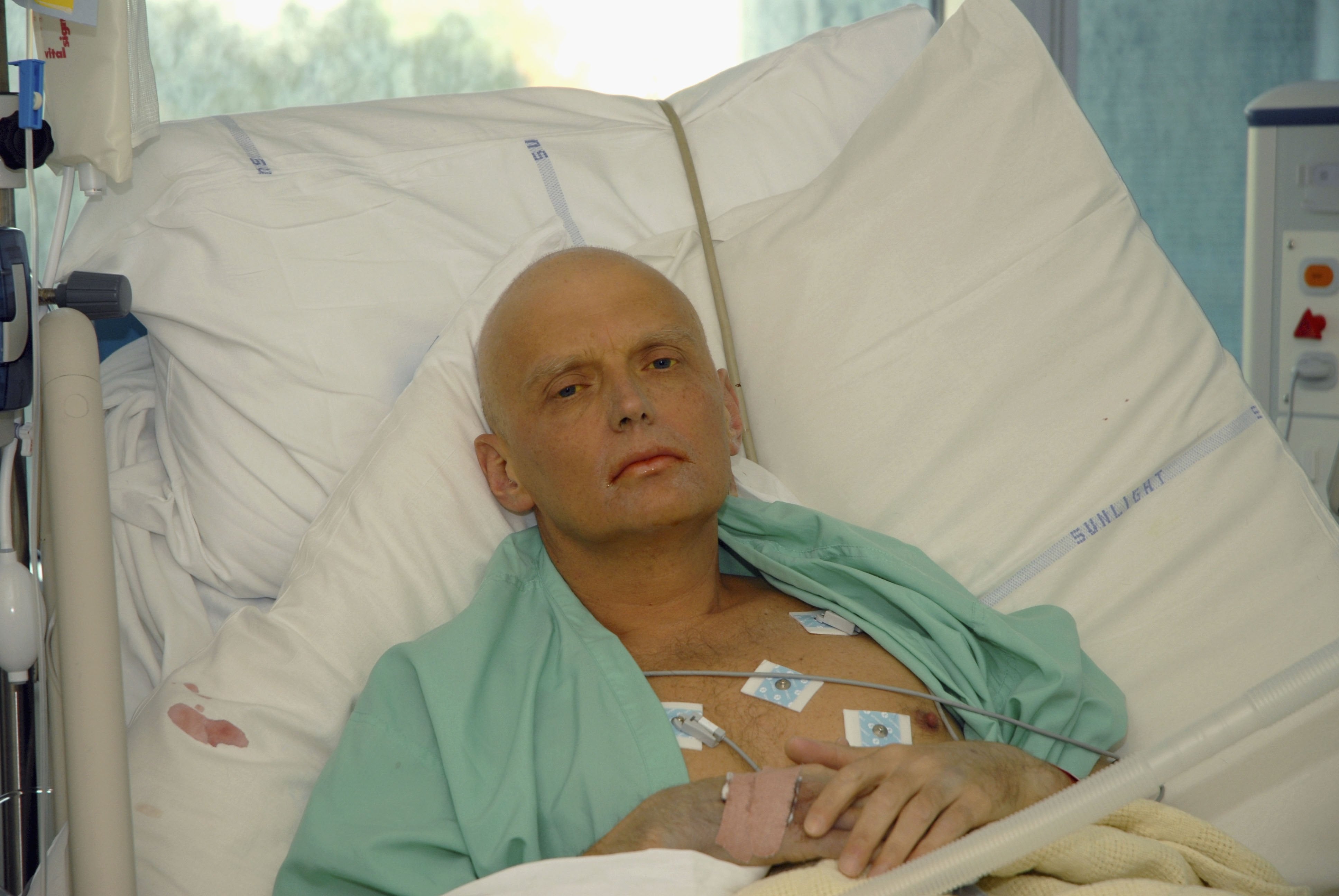
Which is? “We can find you anywhere. Wherever you are, we can get you. You’re not safe in London. If we want to kill you, we will.”
The Russian state may have been emboldened by the lack of consequences following its apparent involvement in these deaths. “It was just too scary for the British government to take action,” believes Teddy Leifer, the executive producer of Once Upon a Time in Londongrad, which tracks a team of investigative journalists from BuzzFeed probing these incidents. “The consequences seemed too unpredictable to quantify, and it was better just to turn a blind eye, or at least to do the very minimum.”
That has even applied on a global level. “Look at the seizure of Crimea,” says Rothstein. “The consequences for Russia were relatively light. Obviously, I can’t be inside Putin’s head – none of us can – but it seems logical that he would assume there would not be grave consequences for his actions.”
All that finally changed, though, with the invasion of Ukraine in February, which is what makes Once Upon a Time in Londongrad so timely. “I'm only imagining,” says Leifer, “but I think that sanctions are quite a lonely business on your own.
“The UK had a very specific problem with Russia, with Russian money flowing into the UK, and a strong Russian influence in this country, that had got out of control. And it wasn’t until the invasion of Ukraine that it became everyone’s problem. And so at that point, it was much easier for the UK to say, ‘Well, we’re not going to stand for this anymore.’”
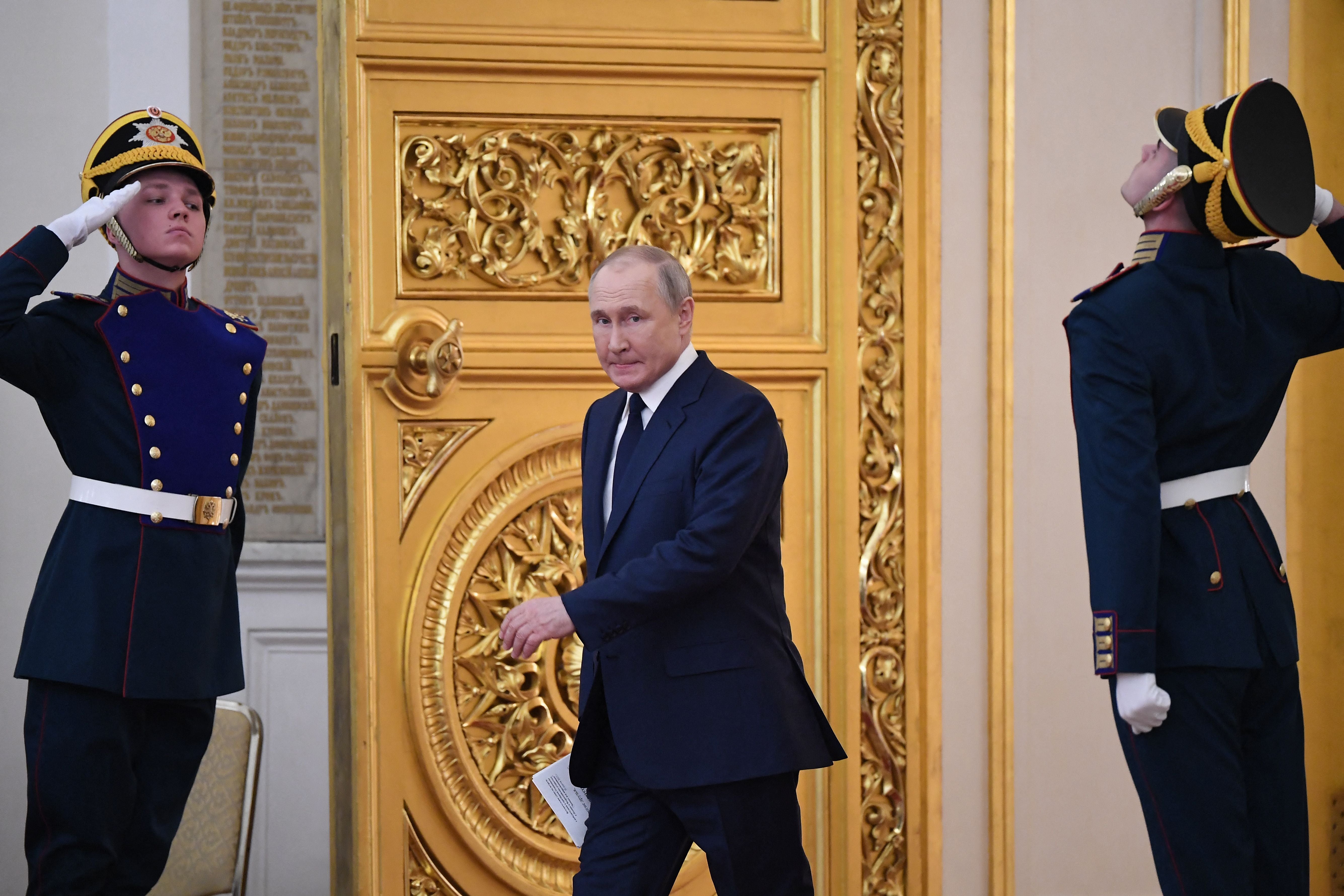
The attack on Ukraine might seem the logical conclusion of Russia’s bullet-proof sense of impunity. But should we have spotted it earlier? Experts, including financier Bill Browder, Berezovsky’s best friend Yuri Dubov and Litvinenko’s widow Marina, certainly saw the invasion coming in the impervious way the Russian state seemed to behave in London.
“It was like a frog boiling in a pot, not realising the temperature is going up by a degree every minute or so until it hits this huge boiling point,” says Horlock. “Over the three years that we made this series, it became hotter and hotter in the pot.”
As they were filming, “a lot of our interviewees were saying to us: ‘You need to open your eyes’. And now, lo and behold, we have the invasion of Ukraine. We hope this is the boiling point.”
Rothstein chips in that the UK could indeed have done more to heed the warnings about Russian aggression. “As we spoke to more and more experts, they really raised alarms about things that were below the surface of everyday life.
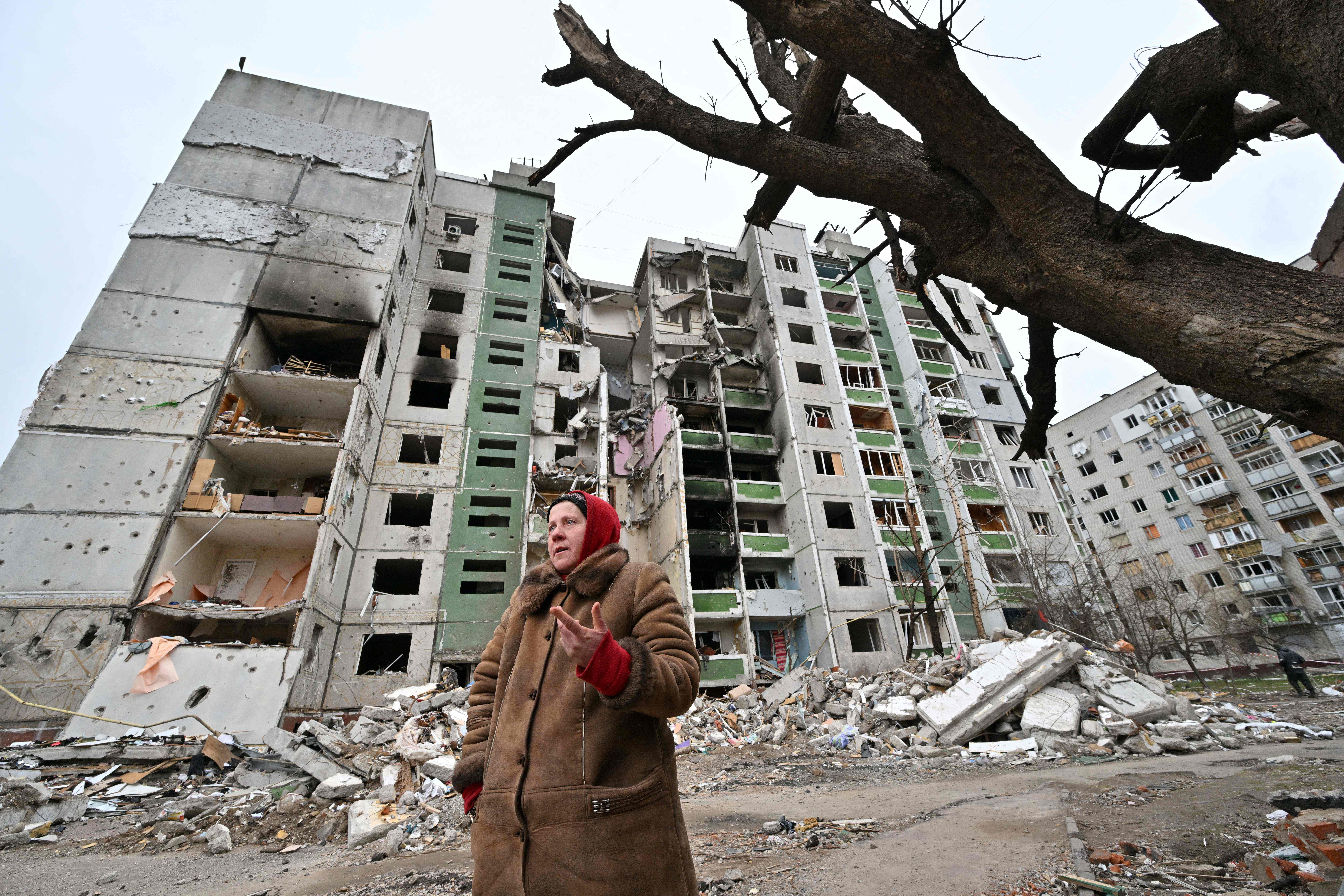
“One of the big themes that we brought to the telling of this story was this bifurcated world where there’s normal, above-ground London that looks nice, and you can walk through it and understand what’s going on. And then there is this whole underworld of things going on just beneath the surface. If you know what you’re looking for, they’re there, and they’re very disturbing, but most people don't see them. And now that has boiled over into the world.”
One aspect that did not escape people’s attention is the fact that over the past 20 years London has become a magnet for money and people of dubious origins. Rothstein explains why: “There is this permissiveness in the financial world in London and this easy flow of money of very questionable provenance. And that’s why so many of the oligarchs ended up in London. Some of our contributors couldn’t believe that nothing was being done about it and that no questions were being asked. Now obviously, those exact questions are being asked.
“Laws have changed in recent months in the UK to look into this very problematic pattern of turning a blind eye to very problematic actors if they show up with enough money. It seems blatantly obvious that not a whole lot was being done about it until just now. The invasion of Ukraine has finally raised the alarm and spurred action.”
Looking back over history, it is easy to discern a pattern of London being too laissez-faire in its attitude to wealthy people arriving from abroad. “London has historically been very welcoming to money from all around the world, without asking too many questions,” says Rothstein.
The series demonstrates that there has been British complicity in this and that we can do more about it. It’s not just the policymakers
“The UK stock market demands fewer disclosures for certain types of companies to come onto the market than the US, which is more prohibitive. London has provided an easier pathway for people who wanted to come and set themselves up in a new life – at least until very recently.”
Supporting these well-to-do foreigners has become big business. “Especially in the wake of Putin’s ascendancy and many of the oligarchs wanting to flee Russia,” Rothstein continues, “an interconnected industry of lawyers and estate agents and a financial infrastructure to facilitate the movement of this money of questionable provenance has been developed.”
London also offers a “reputation-washing” service. It bestows instant kudos on people and allows them to conceal the dodgy name they may have had elsewhere. Horlock asks: “Why London of all places? I think there's something here about the prestige and the history and the obsession with Oxbridge and academia and the culture of it that you can buy into.
“Oligarchs can come to London and get their kids into whatever schools they want. That then provides them with family credibility when their roots are somewhat questionable and how they got their money is somewhat questionable.”
And so, “London is a place where you can buy that credibility quite quickly and quite easily,” continues Horlock. “Alongside that is the fact that geographically it’s incredibly well connected to mainland Europe and the south of France, which the oligarchs love, and New York, which they also love.”
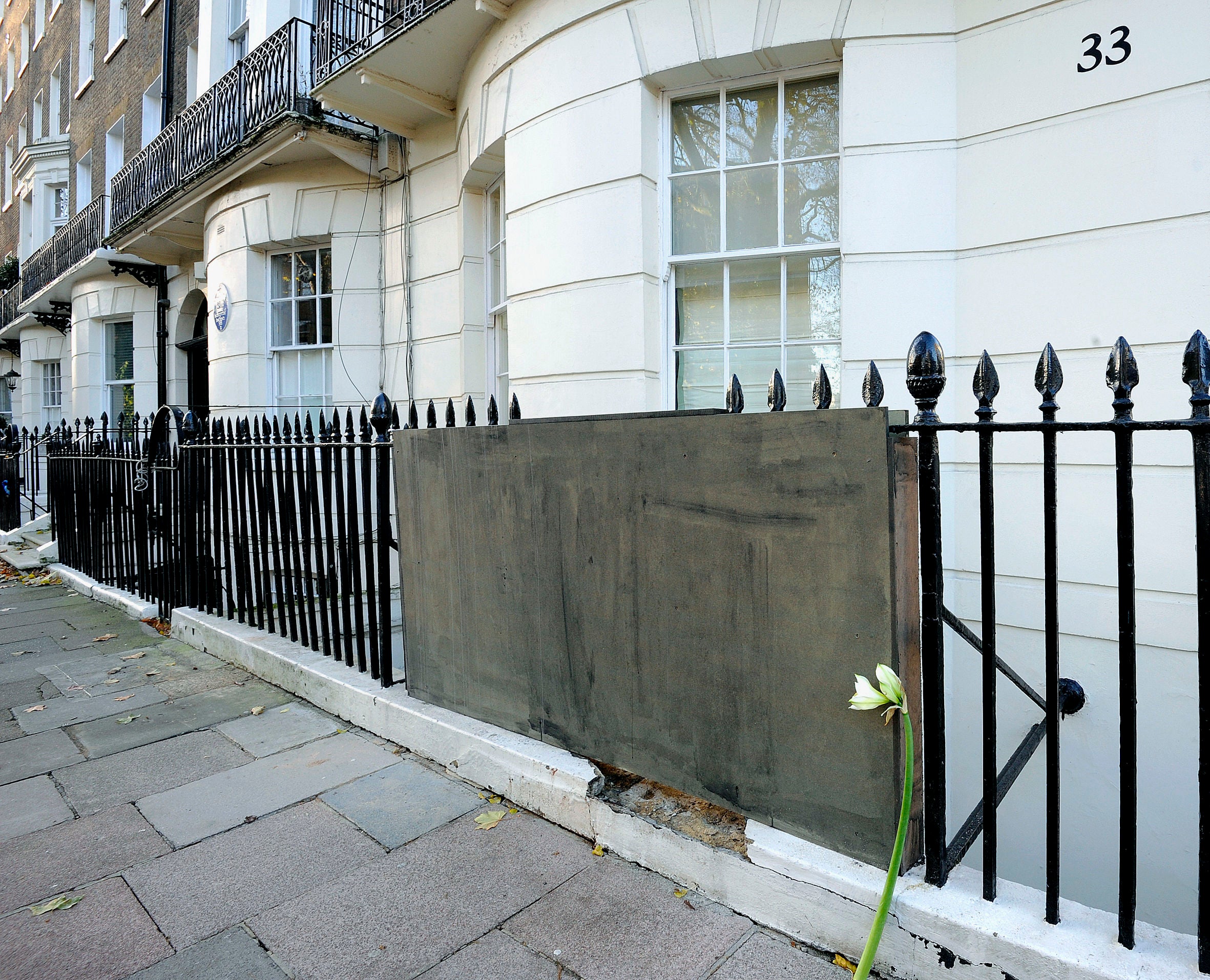
The acquisition of prestigious property automatically endows people with social standing, too. You might call it the “Downton Abbey Factor”. “The purchasing of these estates that have illustrious histories in classically desirable areas is an important theme,” says Rothstein. “As a foreigner myself, I really noticed that.
“In America, we have a sort of Anglophilia. We have these fantasies of these gorgeous British country mansions. I think that’s probably shared by a lot of non-British people because the history in the UK is so rich. And so oligarchs are able to buy into that by purchasing an estate in Surrey or near Oxford. People then think, ‘This person is in this established area and this beautiful house, and so everything must be fine.’”
What do the makers of Once Upon a Time in Londongrad hope that viewers will take away from their series, then? “It shows the extent to which vast sums of money corrupt,” Leifer reflects. “That’s an age-old tale. I look at what happened with oligarch money in London as a cautionary tale.”
Horlock weighs in: “The series demonstrates that there has been British complicity in this and that we can do more about it. It’s not just the policymakers, it’s all of the hangers-on. It’s the lawyers who are taking those libel cases, it’s the fixers who are facilitating those deals from east to west. All of those people need to recognise that money comes with a weight, and it comes with a cost.
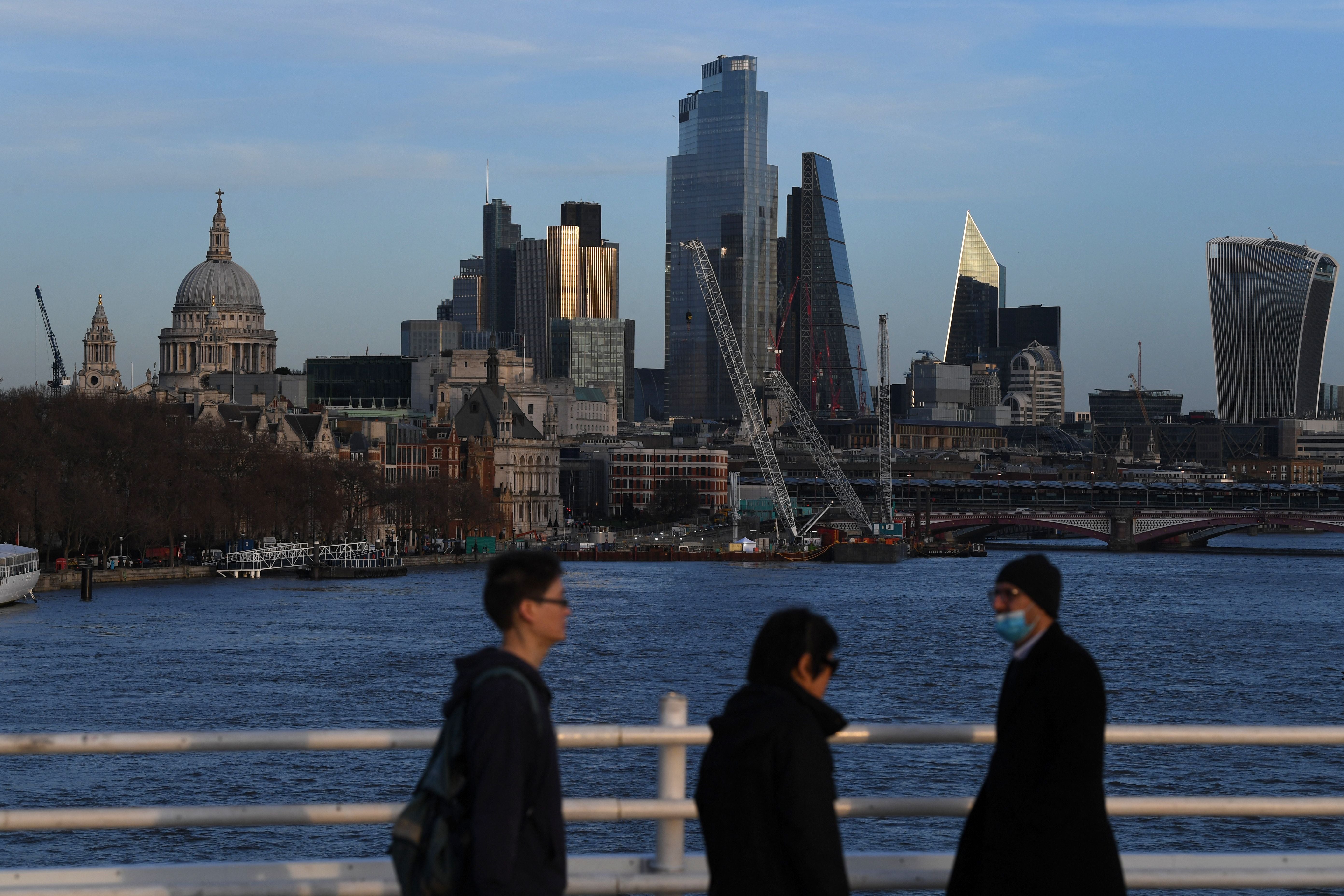
“Once Upon a Time in Londongrad takes a look under the hood of that world. It’s not just big, billion-dollar oil deals. It’s everything that trickles down from that. And if all of those small, medium and big parts of that world can watch this and change, then hopefully it will have an impact.”
In Rothstein’s eyes, “the series winds through a very complicated, important and challenging journalistic story. It examines this world of complexity and interconnectedness and follows some really fascinating characters.”
The director carries on: “I have always thought of this as a story about the tip of a very nefarious spear of disorder and autocracy finding its way into the heart of the democratic west. I find that very disturbing and very threatening. That force must be met with resolve and a strong counteraction.
“It’s only become more clear with what's happening in Ukraine right now that we are faced with a choice. When you strip aside all of the many, many squabbles – and we certainly have enormous internal squabbles in the US right now – hopefully people will feel that democracy and freedom and open societies are generally better than the alternative that Russia is presenting.”
And so, “When Russia breaches our sovereignty apparently to kill people with impunity, it’s indicative that we really better take notice and do something to counteract it. As a society, we should really examine what we are doing. When you strip away everything else, do you want to be on Russia’s side? Or do you want to be on the side of right and democracy?
“And what are we going to do to protect that?”
Once Upon a Time in Londongrad is on Sky Documentaries at 9pm on Tuesdays and all episodes are available on the streaming service NOW




Join our commenting forum
Join thought-provoking conversations, follow other Independent readers and see their replies
234Comments